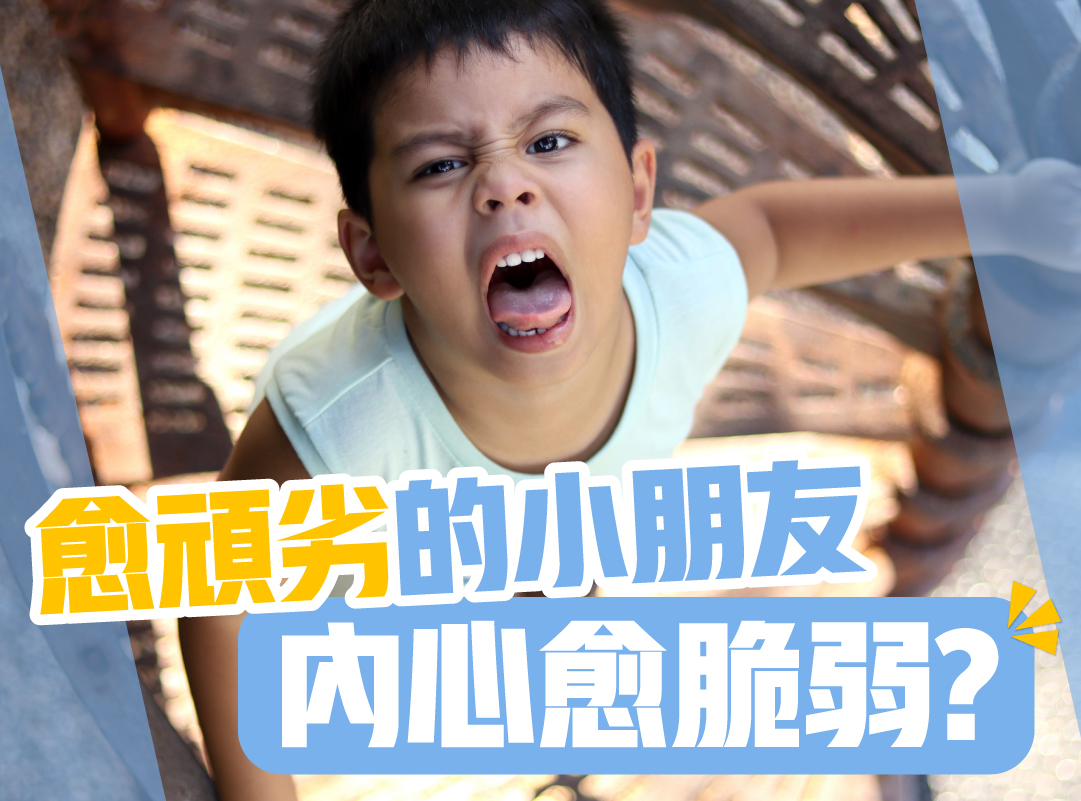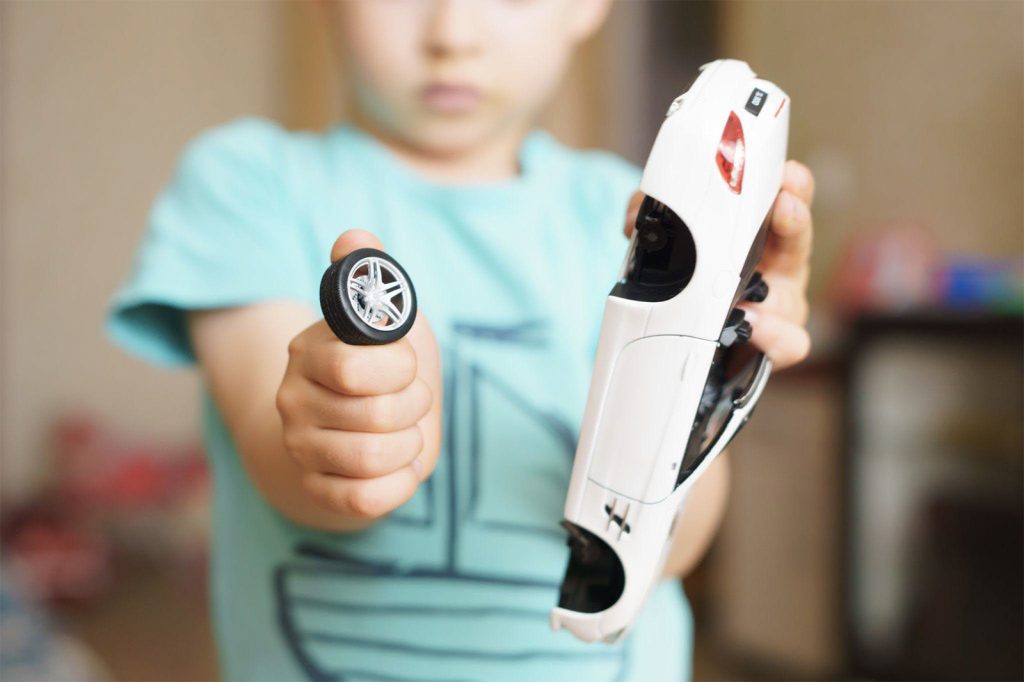- Phone: 2669 2883

By: Family Dynamics Counseling Psychologist
Shelly Mok
There is a famous picture book called "Little Mao Gets Into Trouble" in
which the main character, Little Mao, often makes mistakes and gets into
trouble. Whenever he gets into trouble, he always says loudly, "It's not my
fault," "It's not my fault," "It was an accident," or "It's xxx's fault," and so
on.
In reality, a child named Sheung Kit came to my counseling room to play
therapy, and his personality was very much like Little Mao. To the class
teacher and his parents, Sheung Kit was a child who "shirked his
responsibility and refused to admit his fault".
Once, after we had started play therapy for a while, he was playing with an
ambulance in the playroom and accidentally broke the flashing light on the
ambulance. Before I could say anything, Sheung Kit did his usual thing
and said loudly, "It's not my fault! and "I didn't break it! After a while, I
slowly said to him, "When toys are played with for a long time, they will
be broken. When children are having fun, sometimes they will accidentally break their toys. Look, there is a box here, specializing in collecting broken
toys, so that children who do not want to let them go, slowly and they say
goodbye. If you want, you can put the ambulance in there."

Sheung Kit didn't say a word, looking down and playing quietly with other cars. After a while, he suddenly said to himself in a voice I had never heard before, very weak, "If it was the director of discipline, it would not have said so ...... If it was the principal, it would not have said so. If it was mom ......" "Just now ...... was I ...... accidentally ...... Sheung Kit’s voice was as weak as a mosquito.
What does it say about a child whose voice was so loud just now and suddenly becomes so weak?
In fact, his voice is used to cover up his inner fears, insecurities, frustrations and low self-image. However, even though he knows he is wrong, he is unable to take responsibility for his actions because he is afraid and cannot bear the condemnation from others. As the saying goes, "A person with a broken mouth should not have a broken bowl". It means that you should not mention people's weaknesses to avoid their displeasure. In order to maintain his dignity, he makes the first move and fights back to defend himself, but the result is more punishment and reprimand, leading to an even lower self-image and a vicious cycle.

The more mischievous a child is on the surface, the more vulnerable he or she is on the inside. In the end, Sheung Kit, like Little Mao, only hopes that after he makes a mistake, his mother will still hug him and say, "Mommy loves you! With this acceptance, the child can regain his courage, say "I'm sorry" sincerely, and take responsibility for his own actions and life. No wonder the Little Mao series of books have been so popular with children!
As parents, they should have nothing against somebody. Accepting your child's deviant behavior and setting boundaries is also an art.
Comments are closed